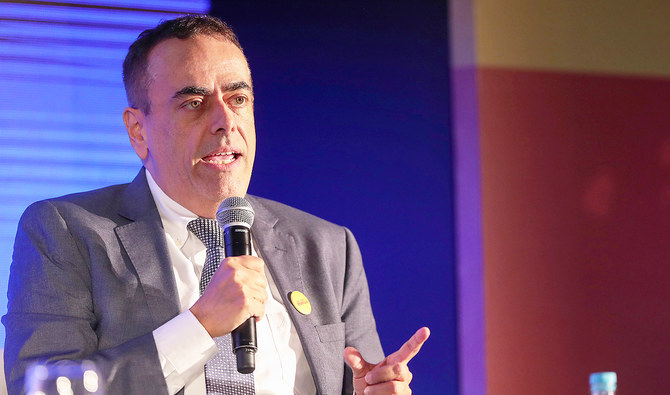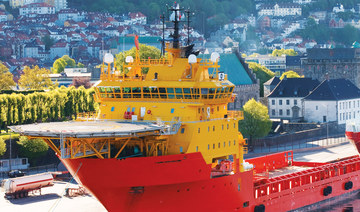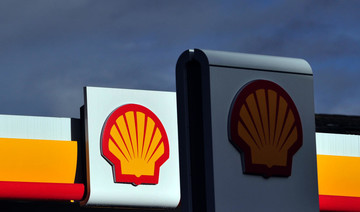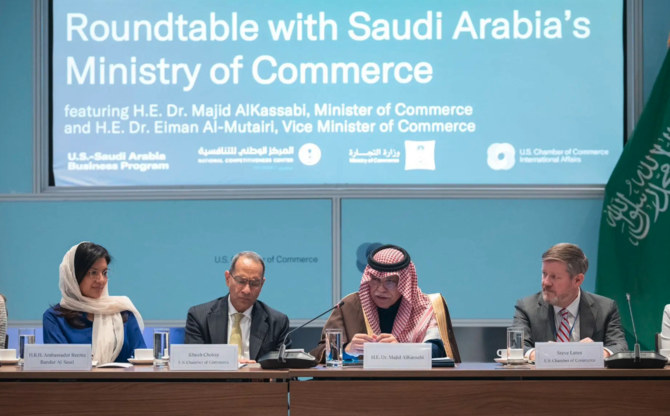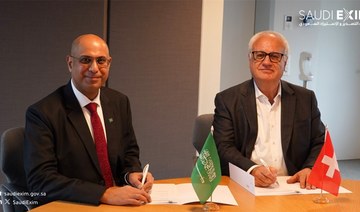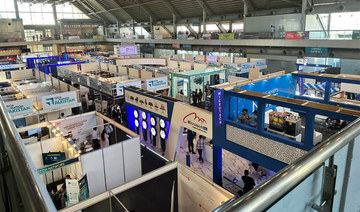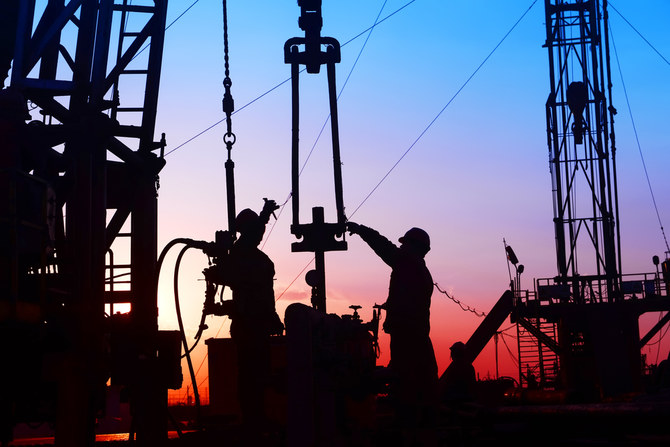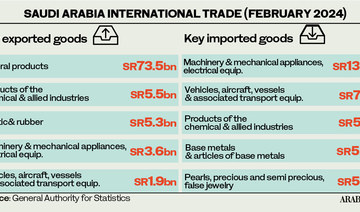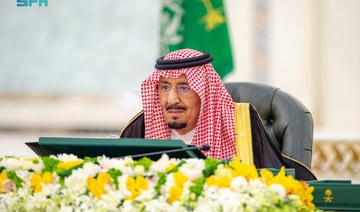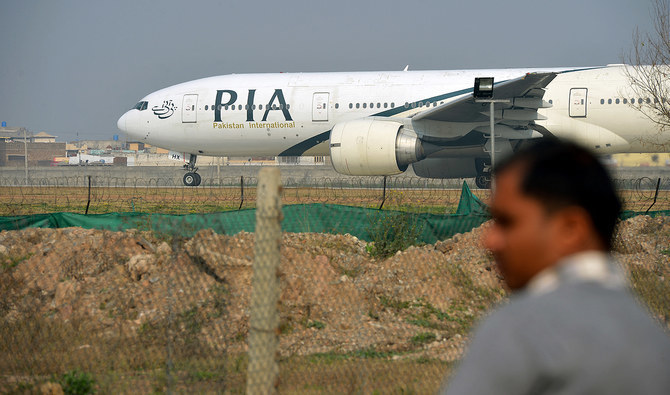LONDON: Darkening clouds over the global economy have led two of the world’s top oil firms to warn investors that promised growth in returns could be at risk for the first time since the 2014 oil downturn.
Both BP and Royal Dutch Shell, which account for nearly 15 percent of the FTSE’s total dividends, signalled this week that billions of dollars in shareholder returns could be delayed as oil prices failed to make their expected recovery.
The stark warnings led to sharp drops in the shares of both companies, weakening investors’ appetite for the oil and gas sector which has underperformed most other industries in recent years.
They echo, however, a growing trend across the Atlantic where investors are starving US shale companies of new capital after they largely failed to deliver returns after flooding the market with oil and gas in recent years.
To be sure, the bearish outlook overshadowed a steady and significant improvement in Shell and BP’s performance since 2014 as deep cost cuts and thrifty spending sharply boosted revenues despite a modest and volatile recovery in oil prices.
Most of the world’s top oil companies can make profits at oil prices of $50 to $60 a barrel. Oil is currently trading at around $60 a barrel.
But the companies still heavily rely on stronger oil and gas prices to deliver higher returns.
“Our outlook is tied to an improved price and margin environment,” Shell Chief Financial Officer Jessica Uhl told reporters on a call, adding that she saw “clear signals” of slower economic activity in 2019 and 2020 than expected.
Shell, the second largest but the most profitable listed oil and gas company last year after US ExxonMobil, is in the midst of a three-year $25 billion share buyback program, the world’s biggest.
But “the current conditions aren’t meeting where we said they needed to be, and if that continues into 2020 then we will need to extend the time period” for the buybacks, Uhl said.
Shell’s shares were down over 3.5 percent by 1042 GMT.
Earlier this year the Anglo-Dutch company also promised to return $125 billion to shareholders between 2021 and 2025.
“The question for management is what is more important — does the company continue on the current run rate and sacrifice the balance sheet? Or does the company slow the buyback in order to maintain a robust balance sheet. Common sense suggests the balance sheet is much more important,” RBC Capital Markets analyst Biraj Borkhataria, said in a note.
Borkhataria, who has a “sector perform” recommendation on the stock, said that Shell requires an additional $30 billion in buybacks after 2020 in order to reduce the dividend burden.
BP Chief Financial Officer Brian Gilvary on Tuesday told Reuters that trade tensions between the United States and China, the world’s largest energy consumers, are weighing on global oil and gas demand.
Gilvary indicated in an analyst call that the London-listed company could delay an expected increase to its dividend by the end of this year to next year, linking it to the changing of CEOs in March.
“We’ll certainly discuss it at 4Q, but it’s more likely it will be beyond that,” Gilvary said. BP’s shares dropped by 3.8% on Tuesday.
The promise of bigger returns comes as the oil and gas sector faces increasing pressure from investors to tackle its carbon emissions and fall in line with the 2015 Paris climate agreement targets to limit global warming.
Some investment funds have dropped oil stocks from their portfolio all together, prompting oil firms to respond by pledging higher returns.
France’s Total, which has emerged as one of the fastest growing oil majors in recent quarters in terms of output, has confirmed its commitment to boost the payout.
Total increased its 2019 dividend by 6% and the board has committed to increase it by a further 5 percent to 6 percent per year until 2025.



